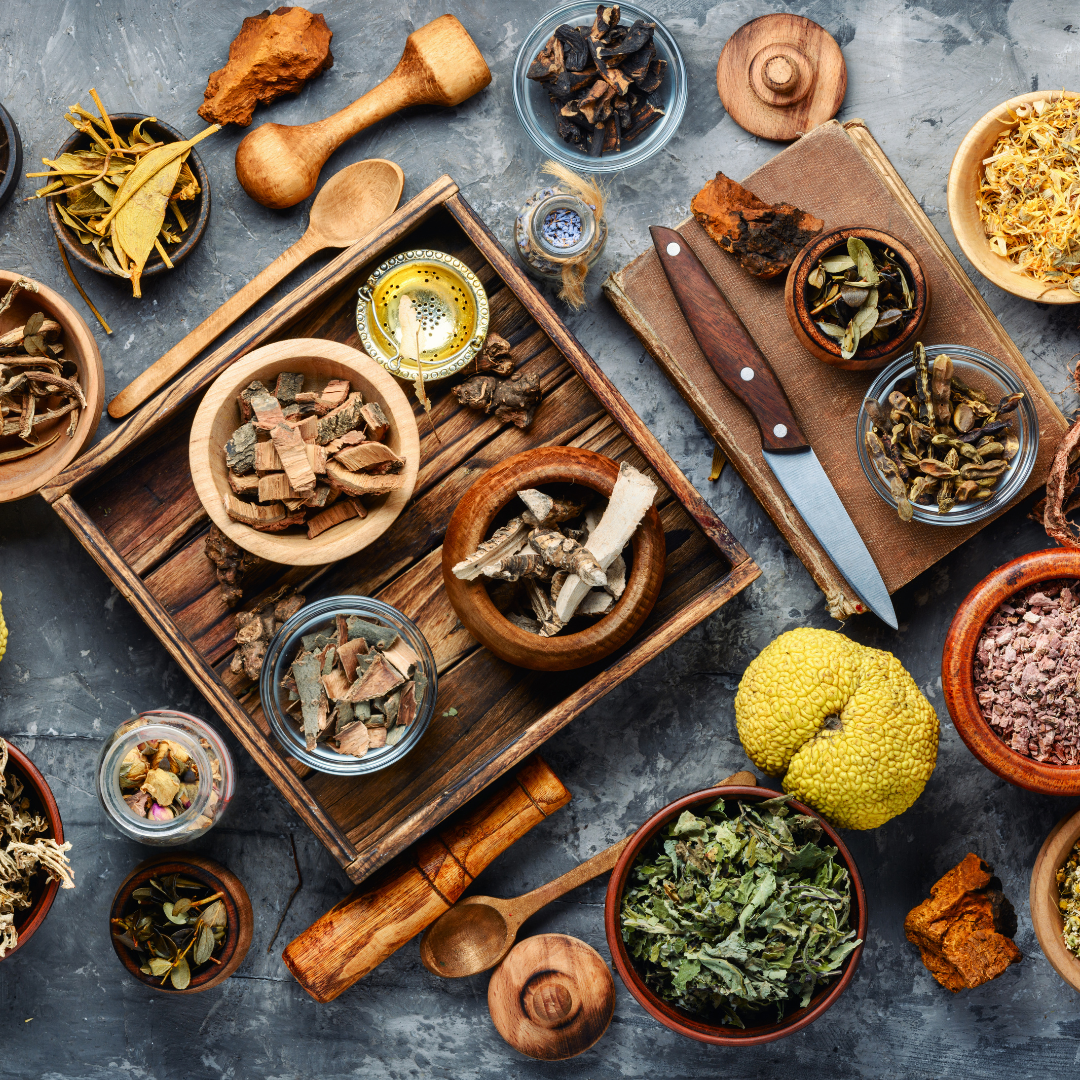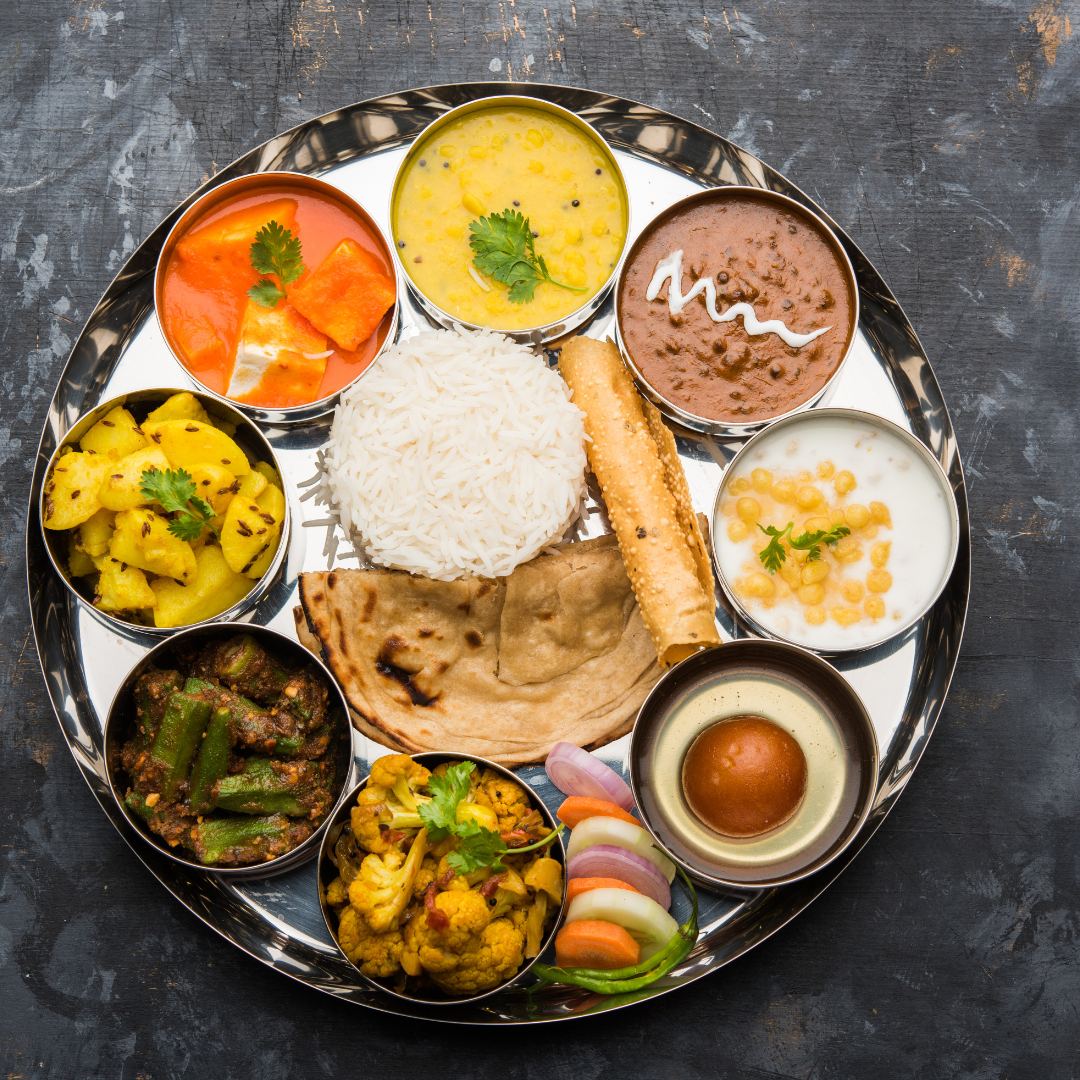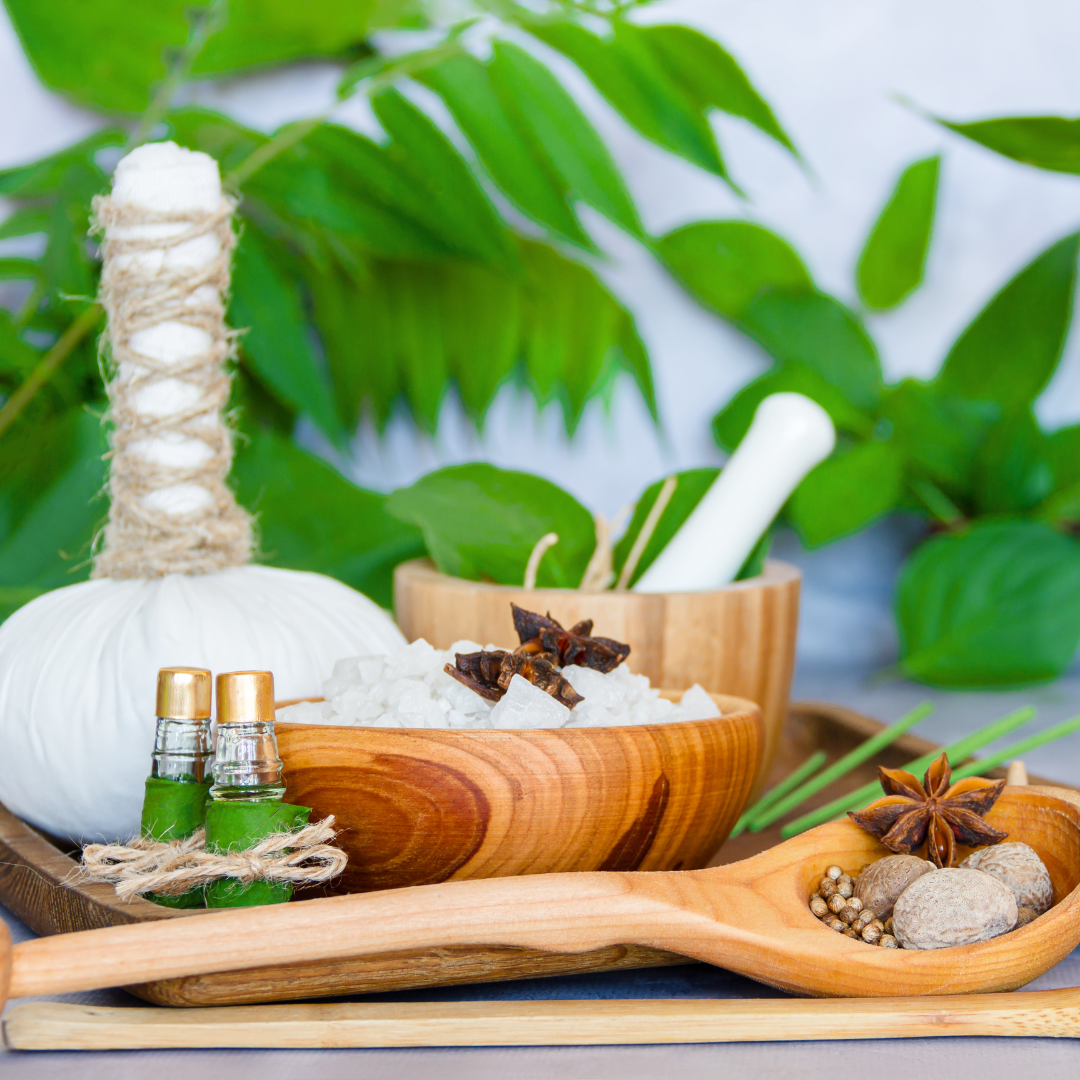Anxiety and Depression

Understanding Anxiety and Depression
Anxiety and depression are two of the most common mental health disorders affecting millions of people globally. Anxiety is characterized by excessive worry, fear, and nervousness, while depression involves persistent feelings of sadness, hopelessness, and a lack of interest in daily activities. These conditions can significantly impact an individual's quality of life and overall well-being. Kiaan ayurveda is your one stop solution for Ayurvedic treatment for anxiety and depression
Symptoms and Diagnosis
Anxiety and depression manifest through a variety of physical and emotional symptoms. Common symptoms include:

Anxiety
- Constant worry or fear
- Restlessness or irritability
- Difficulty concentrating
- Physical symptoms like rapid heartbeat, sweating, or trembling

Depression
- Persistent sadness or emptiness
- Loss of interest in activities
- Fatigue and lack of energy
- Sleep disturbances (insomnia or excessive sleeping)
Diagnosis typically involves a thorough assessment by a healthcare provider, including medical history, physical examination, and psychological evaluations.
Causes and Risk Factors
The causes of anxiety and depression are multifactorial, including:
- Genetic Predisposition: A family history of mental health disorders.
- Neurochemical Imbalances: Alterations in neurotransmitters like serotonin and dopamine.
- Chronic Stress: Prolonged exposure to stressful situations or trauma.
- Lifestyle Factors: Poor diet, lack of exercise, and substance abuse

Ayurvedic Perspective on Anxiety and Depression
In Ayurveda, mental health disorders like anxiety and depression are linked to imbalances in the doshas, particularly Vata and Pitta. An aggravated Vata dosha leads to excessive mental activity, worry, and fear, while an imbalanced Pitta can cause anger, irritability, and frustration. The accumulation of toxins (Ama) in the mind and body further exacerbates these conditions.
Ayurvedic Approach to Treating Anxiety and Depression at Kiaan Ayurveda Clinic
Share information about your brand with your customers. Describe a product, make announcements, or welcome customers to your store.

Dietary Measures:
- Sattvic Diet: Emphasizes fresh, wholesome, and nourishing foods that calm the mind and balance the doshas.
- Avoidance of Stimulants: Reducing the intake of caffeine, sugar, and processed foods that can aggravate anxiety and depression.

Detoxification:
- Panchakarma Therapy: Ayurvedic detoxification procedures like Shirodhara (oil dripping therapy) and Nasya (nasal therapy), Abhyangam and Vasti treatment to calm the nervous system and cleanse the gut and mind.

Lifestyle Modifications:
- Yoga and Meditation: Practices to reduce stress, enhance mental clarity, and promote emotional stability.
- Pranayama: Breathing exercises to balance the mind and reduce anxiety.

Herbal Remedies:
- Ashwagandha and Brahmi: Adaptogenic herbs that help reduce stress, improve mood, and enhance cognitive function.
Managing Anxiety and Depression Symptoms:
Our Ayurvedic treatments aim to alleviate the following symptoms associated with anxiety and depression:
Excessive Worry: Calming the mind and reducing mental restlessness.
Persistent Sadness: Enhancing mood and promoting a positive outlook on life.
Sleep Disturbances: Improving sleep quality and regulating sleep patterns.
Conclusion
Anxiety and depression can be challenging to manage, but with the right Ayurvedic treatments, you can achieve mental and emotional well-being. At Kiaan Ayurveda Clinic, our personalized approach addresses the root causes of these conditions, helping you regain balance and live a fulfilling life. For personalized advice and treatment, book your session with us today.
My Store
Ayurveda Consultation - OPD
Share


